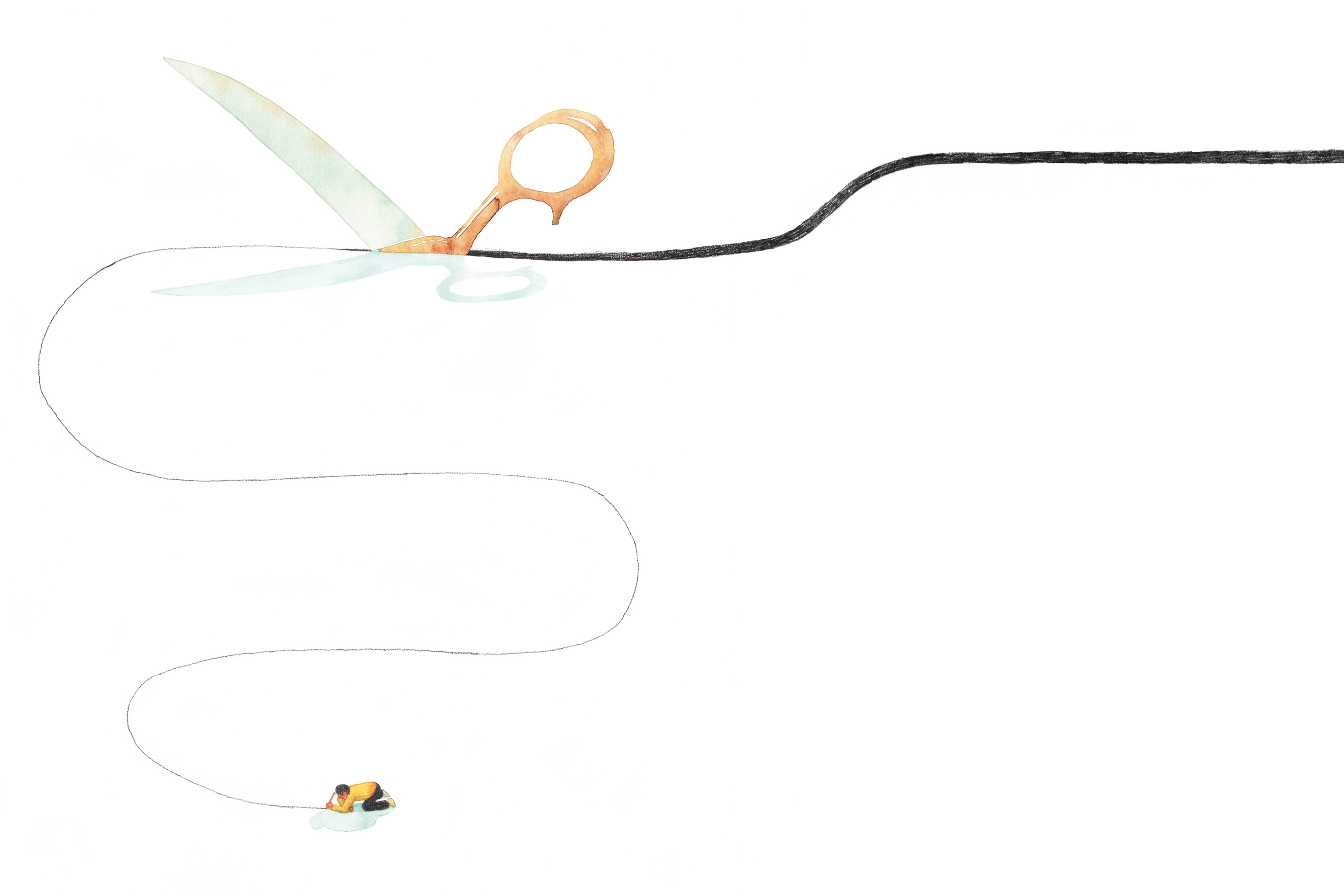
My father, LR Sethi, used to have a hut in Gulmarg, halfway up to Khilanmarg. He was an avid horse rider and had even tamed a couple of killer horses there. Kashmir was also home — easy to get to from Rawalpindi (then India) where he grew up. His elder brother, known as Little Sethi, had settled in Srinagar, bang in the middle of Lal Chowk. So, yes, Kashmir was home for many of the Sethis, as it was for others who were not indigenous to the region.
Things changed in the ’80s. Militancy reared its head, as it had in Punjab and elsewhere. The equation between the Valley and the rest of the country was being reconfigured. However, the Us and Them divide was not so much in your face, despite the slightly surprising but perennial question: ‘Have you come from India?’ There wasn’t any malice in the query. And one realised that seen through a Kashmiri lens, their ‘paradise on earth’ was another country. Articles 370 and 35A enacted by the Jammu and Kashmir Legislature ensured the ‘permanent residents’ of Jammu and Kashmir special rights and privileges.
Recalibrating The Relationship
Upending these two articles of the Indian Constitution will probably redefine the relationship between our northernmost state and the Centre — as well as with the rest of the country. The real estate men will move in, drawing in property buyers and settlers from outside the state. Eventually, the ‘look’ of the state’s population will change. The kaleidoscope will shift, and the borders between Jammu and Kashmir and the rest of the country will become fuzzy, more easily crossable.
Boundaries between countries are not always easily definable, nor are they definitive — or even logical, especially if they are arbitrarily drawn. British lawyer Sir Cyril Radcliffe, who hitherto had never been to India, was sent here for a few weeks to determine the borders that would, in August 1947, divide the subcontinent (as it turned out quite violently) into two: India and Pakistan. Decades later, another country was carved out of Pakistan when Bangladesh came into being.
The whimsicality and, yes, irrationality of borders struck me during a visit to Meghalaya a few years ago. Viewed from a high enough vantage point, you could see the terrain of Bangladesh. But what was surreal was the fact (as I was told) that the border actually ran through homes; in one instance placing the bedrooms in one country and the kitchen in the other.
Borders have often been determined miles away, and randomly. As World War II was about to end, its ageing victors Prime Minister Winston Churchill of the United Kingdom, President Franklin D Roosevelt of the United States of America and Soviet Premier Joseph Stalin sat down in February 1945 in Yalta on the Black Sea to discuss the post-war reorganisation of Germany and Europe — and to reset the borders between countries. We are still witnessing the consequences of that carve-up, as well as the creation of Israel later.
Beginnings usually involve teething troubles. Sometimes, the pain lingers on.
Making It Personal
Reconfiguring personal borders is perhaps even trickier — those we erect between ourselves and others, whether they are friends, family or foes. Should one stet or reset? Is it possible to wipe the slate clean and opt for a new beginning? Palimpsests of our past can’t be erased. Nor can they be willed away. In a sense, we are also what we were. Accumulated baggage can’t be offloaded. If only one could wake up one fine morning and decide to change and discard old habits and predilections — to be born anew. We try to do so in our New Year’s resolutions, but mostly in vain. Can we really ever fix what we did wrong? Even partially? It isn’t easy to take back words uttered in anger. Nor can we erase the consequences of ill-judged decisions or actions, even though we may try to minimise their impact. The problem with hindsight is that it comes too late.
If only we could retrofit life.
If only we could rewind to the crossroads where we chose wrong roads and destinations and go down other, sunnier paths.
If only we could render our minds a clean slate, a tabula rasa.
If only we could reset our goals and priorities.
If only we could take back our words.
If only we could annul our actions.
If only we could resolve the Jammu and Kashmir issue bloodlessly, amicably.
If only we could begin again.
If only….
Those two little words, if only, are weighed down with regret and anchored with pessimism. However, with the help of a little willpower and grit they can be tossed aside. There’s always the option of turning the corner…of turning over a new leaf….